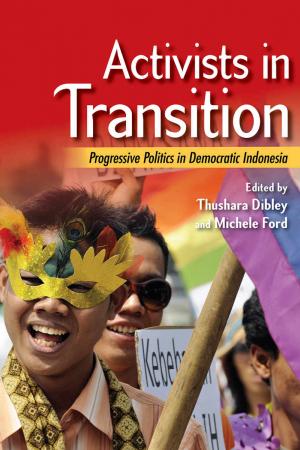Publications
The 2020 Bulletin features many original articles, on Buddhist nationalists in Sri Lanka, remembrances of the 2015 Nepal earthquake, migrant workers in Delhi, rhinos and tigers in Nepal, women’s nutrition in Hyderabad,…
South Asia Program
This edited volume addresses a critical aspect of development in Africa: the intersection between education and governance. Using case studies and experiences from different parts of the continent, this book assesses…
Institute for African Development
By Our Faculty
With this newly translated version of The Running Boy, the fiction of Megumu Sagisawa makes its long-overdue first appearance in English. Lovingly rendered with a critical introduction by the translator, this collection…
East Asia Program
How can the "voiceless" voice be represented? This primary question underpins Ishikawa’s analysis of selected work by Buraku writer, Nakagami Kenji (1946-1992). In spite of his Buraku background, Nakagami’s privilege as…
East Asia Program
Access to justice is not just a fundamental right in itself; it is also an essential prerequisite for the protection and promotion of all other civil, political, cultural, economic and social rights.
Institute for African Development
Fifty Years in the Karen Revolution in Burma is about commitment to an ideal, individual survival and the universality of the human experience.
Southeast Asia Program
Over a long career spanning four decades, Tong Yang-Tze has received critical acclaim for her large-scale, unrestrained cursive script.
East Asia Program
By Our Faculty
Through the voices of senior officials, teachers, soldiers, journalists, and artists, The Republic of Vietnam, 1955–1975, presents us with an interpretation of "South Vietnam" as a passionately imagined nation…
Southeast Asia Program
Activists in Transition examines the relationship between social movements and democratization in Indonesia.
Southeast Asia Program
In her published dissertation, Toward a Theory of Peace, Randall Caroline Watson Forsberg—a former military analyst, peace activist, and founder of the Nuclear Freeze Campaign and Institute for Defense and Disarmament…
Einaudi Center for International Studies
Reppy Institute for Peace and Conflict Studies











